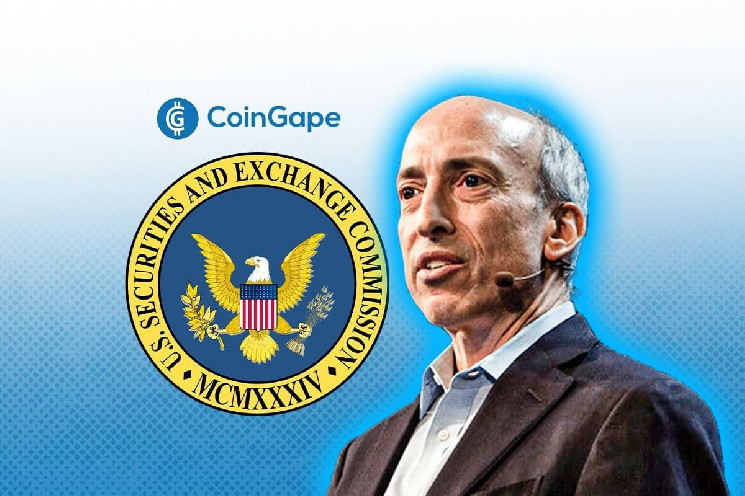The US District Court judge has announced an order in response to supplemental authority filed by the U.S. Securities and Exchange Commission (SEC). The SEC’s actions have faced backlash from the crypto industry as the regulator tries to spin its win in other crypto-related cases to gain the upper hand in other court cases, including crypto exchange Binance.
Judge Keeps SEC’s Supplemental Authority Off the Table
Judge Amy Berman Jackson ordered the SEC and Binance that the court will not consider supplemental authority for discussion or describe the authority for parties’ arguments, as per a minute order on March 11.
Also, the judge reminded the parties there is no need for any party to respond to notices of supplemental authority. The court earlier asked Binance and the SEC to cite cases mentioned in briefs, but will not rely on new cases for their arguments. “The cases may not be further discussed or described, and no response to the other party’s submissions may be filed,” the court ordered.
The U.S. SEC has attempted to bring many cases and investigations against Binance and Coinbase as supplemental authority. It includes the default judgment in Coinbase insider trading case against defendant Sameer Ramani, who failed to appear in court to contest the allegations, and the Williams v. Binance class action lawsuit.
Binance and Coinbase attorneys responded to the SEC’s supplemental authority saying that the Wahi default decision simply recites the SEC’s statutory arguments. It is a bad precedent for the cases seeking regulatory clarity and dismissal of the lawsuits.
Also Read: XRP Whales Move 285 Mln Coins As Price Rockets 14%, Is $1 Next?
Wider Community Seeks Regulatory Clarity
Coinbase has filed an action against the SEC over behaving arbitrarily and capriciously, refusing to clarify oversight of the crypto industry. Coinbase CLO Paul Grewal said the SEC despite seeking jurisdiction over the crypto industry has failed to provide clear regulation and rulemaking for key changes.
The regulators have undefined definitions and regulations, especially regarding crypto. Travis Hill, the Vice Chair of the Federal Deposit Insurance Corporation (FDIC), has criticized the Securities and Exchange Commission’s (SEC) crypto accounting guidelines and lack of regulatory clarity related to digital assets. He belives the technology is beneficial for the banking industry.
Also Read: Spot Ethereum ETF — What Are The Chances of Approval In May?

